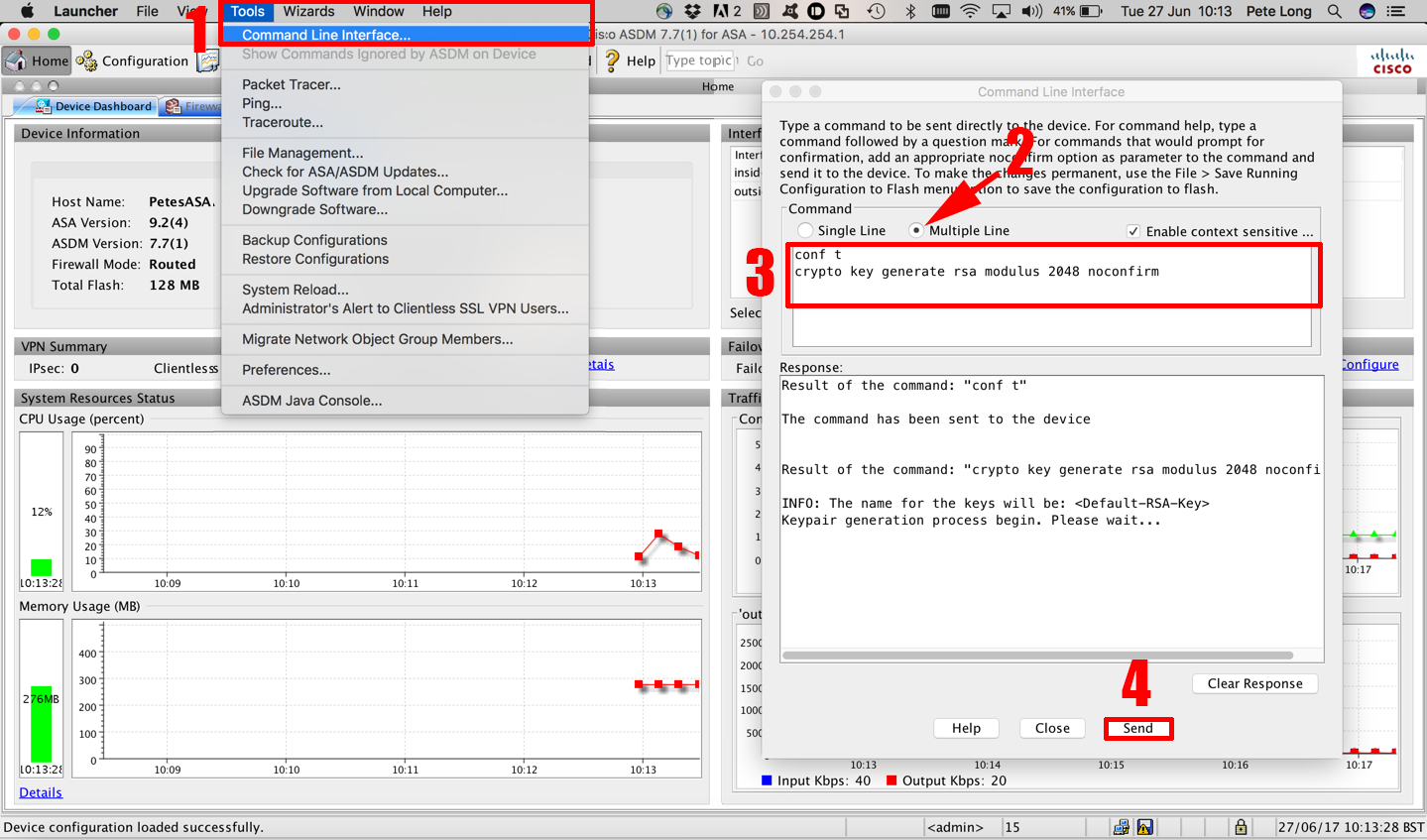Erlang Crypto Generate_key Rsa
- Erlang Crypto Generate_key Rsa Login
- Erlang Crypto Generate_key Rsa 2017
- Erlang Crypto Generate_key Rsa Program
1 Crypto Release Notes. RSA key generation added to crypto:generatekey/2. Thanks to wiml. An interface is also added to publickey:generatekey/1. At the moment only the asn1 and crypto nifs of the Erlang/OTP nifs and drivers have been prepared to be statically linked. For more details see the Installation Guide in the System. Have you seen this page, which links to an SHA-256 module for Erlang? EDIT: Apparently that code is obsolete, replaced by this module. If that still doesn't do what you want (in terms of hex/binary) I suggest you email its author, preferably with a patch. 1 Crypto Release Notes. RSA key generation added to crypto:generatekey/2. At the moment only the asn1 and crypto nifs of the Erlang/OTP nifs and drivers have.

You may generate an RSA private key with the help of this tool. Additionally, it will display the public key of a generated or pasted private key.

Description
RSA is an asymmetric encryption algorithm. With a given key pair, data that is encrypted with one key can only be decrypted by the other. This is useful for encrypting data between a large number of parties; only one key pair per person need exist. RSA is widely used across the internet with HTTPS.
Erlang Crypto Generate_key Rsa Login
To generate a key pair, select the bit length of your key pair and click Generate key pair. Depending on length, your browser may take a long time to generate the key pair. A 1024-bit key will usually be ready instantly, while a 4096-bit key may take up to several minutes. For a faster and more secure method, see Do It Yourself below.
CryptoTools.net does not yet have a tool for facilitating the encryption and decryption of data using RSA, but you may Do It Yourself with the instructions below.
Do It Yourself
For these steps, you will need a command line shell with OpenSSL. Ideally, you should have a private key of your own and a public key from someone else. For demonstration, we will only use a single key pair.
Generate Private Key
Run this command to generate a 4096-bit private key and output it to the private.pem file. If you like, you may change the key length and/or output file.
Derive Public Key
Given a private key, you may derive its public key and output it to public.pem using this command. (You may also paste your OpenSSL-generated private key into the form above to get its public key.)
Encrypt Data
We can now use this key pair to encrypt and decrypt a file, data.txt.
Erlang Crypto Generate_key Rsa 2017
Decrypt Data
Erlang Crypto Generate_key Rsa Program
Given the encrypted file from the previous step, you may decrypt it like so.